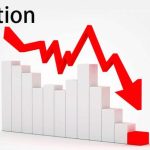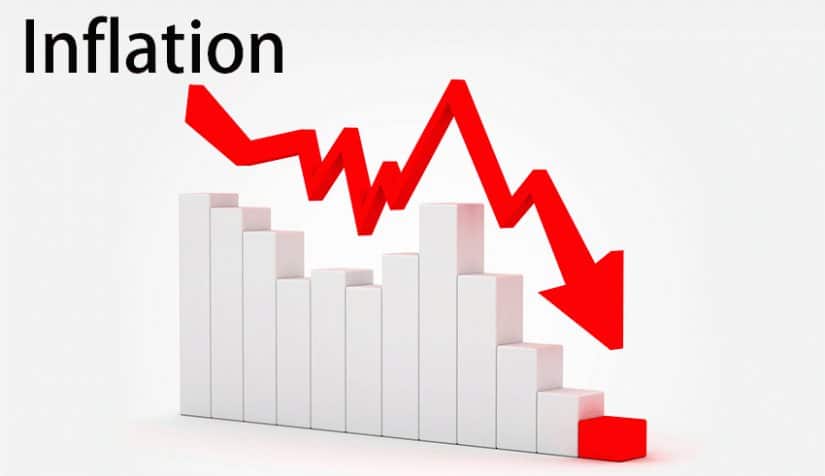The policies of President Bola Tinubu’s administration have minimal effect on the economy. Rather than ease the inflationary trend, headline inflation continues to run causing a surge in the prices of goods and food in particular. The situation now is that Nigeria’s food inflation has reached an all-time high of 40.87 per cent as the Bola Tinubu-led government embarked on reforms that have spiked the cost of living.
Figures released by the National Bureau of Statistics on Monday show that in June 2024, the headline inflation rate increased to 34.19 per cent relative to the May 2024 headline inflation rate of 33.95 per cent.
The country’s inflation has risen on a year-on-year basis by 11.40 per cent compared with the 22.79 per cent recorded last year.
Food inflation has also grown to 40.87 per cent on a year-on-year basis. Compared to last year, the figure is 15.62 per cent points higher compared to the rate recorded in June 2023 of 25.25 per cent.
NBS said food inflation on a year-on-year basis was caused by increases in prices: Millet Whole grain, Garri, Guinea corn, etc (Bread and Cereals Class), Yam, Water Yam, Cocoyam (Potatoes, Yam & Other Tubers Class), Groundnut Oil, Palm Oil, etc (Oil & Fats Class) and Catfish Dried, Dried Fish-Sadine and Mudfish (Fish Class), etc.
NBS said, “On a month-on-month basis, the Food inflation rate in June 2024 was 2.55 per cent, which shows a 0.26 percent increase compared to the rate recorded in May 2024 (2.28 per cent).
“The rise in Food inflation on a Month-on-Month basis was caused by the rise in the rate of increase in the average prices of Groundnut Oil, Palm Oil, etc (Oil & Fats Class), Water Yam, Cocoyam, Cassava, etc (Potatoes, Yam & Other Tubers Class), Tobacco, Catfish Fresh, Croaker, Mudfish Fresh, Snail, etc, (Fish Class).”
In the urban areas inflation rate rose to 36.55 per cent, which was 12.23 per cent points higher compared to the 24.33 per cent recorded in June 2023.
The rural inflation rate in June 2024 was 32.09 percent yearly. This was 10.71 per cent higher than the 21.37 per cent recorded in the preceding year.












